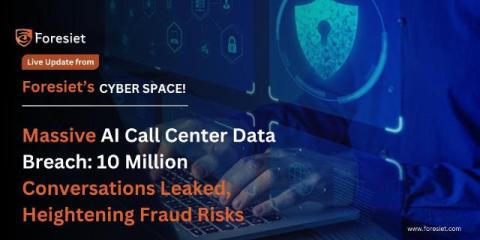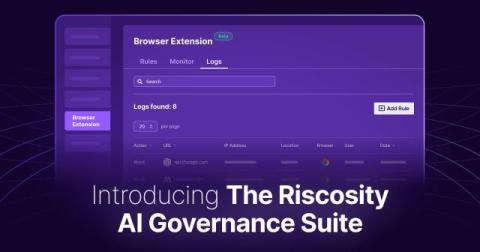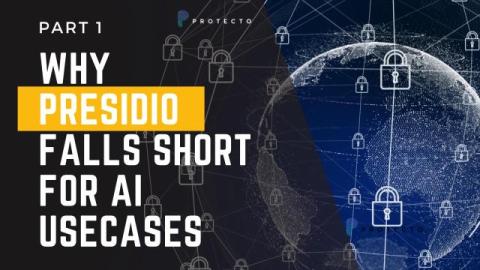Massive AI Call Center Data Breach: 10 million Conversations Leaked, Heightening Fraud Risks
In a significant breach, over 10 million customer conversations from an AI-powered call center platform in the Middle East have been exposed. This incident has raised alarm bells regarding the security vulnerabilities of AI platforms widely used in sectors such as fintech and e-commerce. As AI platforms become integral to business operations, the risks of compromised data tracking and brand impersonation have also escalated.











